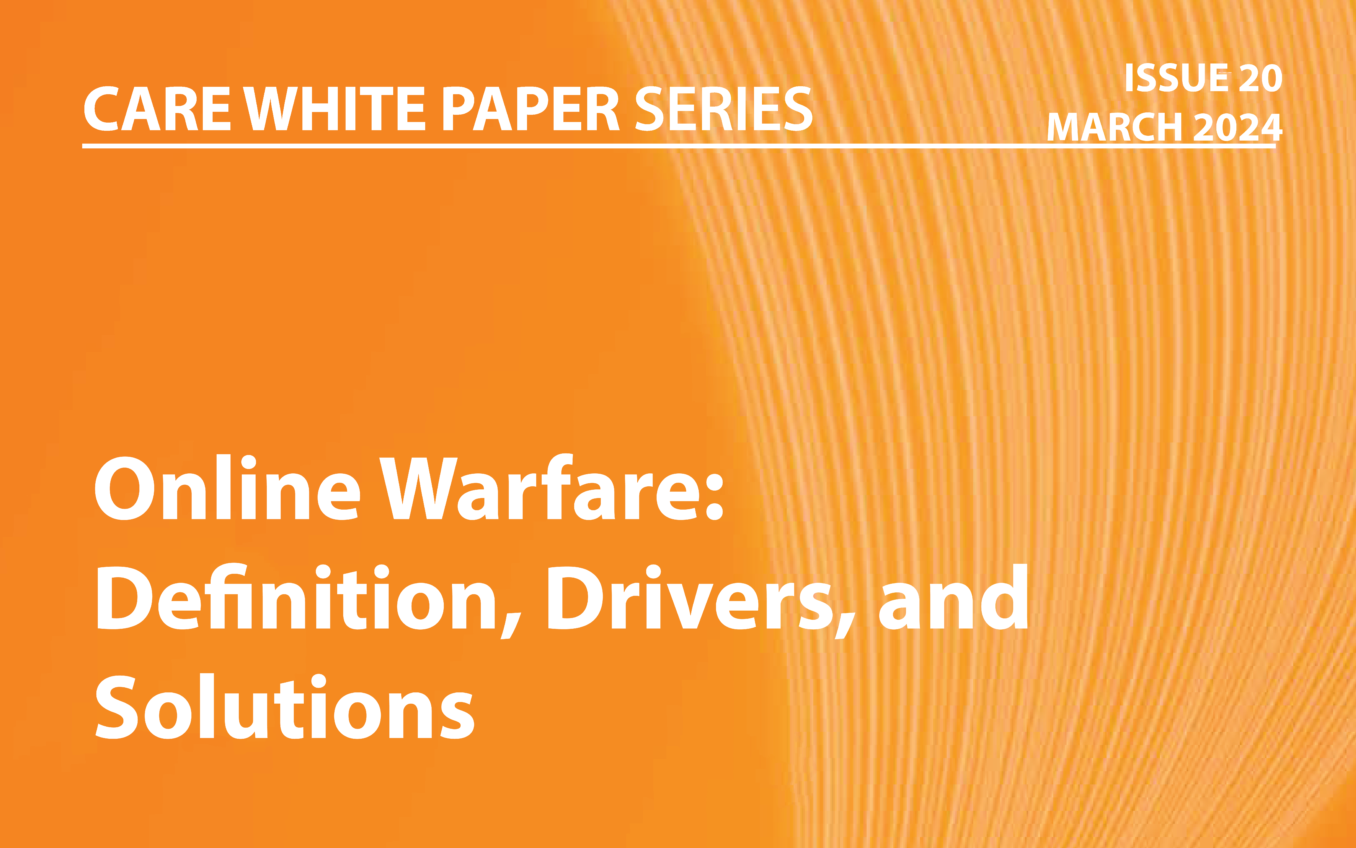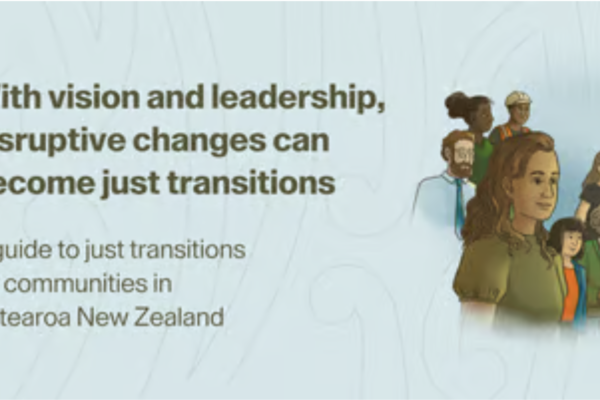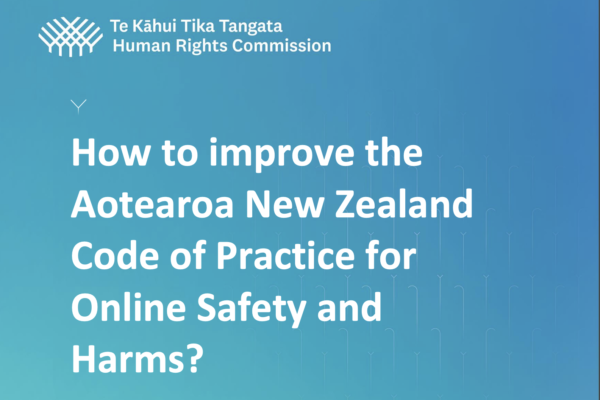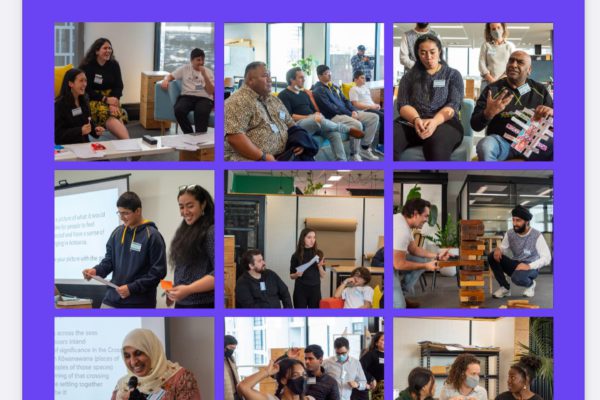Online Warfare: Definition, Drivers, and Solutions
Last month on March 15th we marked five years since the terror attacks at Al Noor Mosque and the Linwood Islamic Centre.
The same day, the Center for Culture-Centered Approach to Research and Evaluation (CARE) released its 20th white paper, Online Warfare: Definition, Drivers and Solutions, which was co-written by Prof. Mohan Dutta from Massey University and our co-lead Anjum Rahman.
 This paper emerged from a week of ideation, public lectures, and collaborative writing between the authors, which they spent together last August during Anjum’s Activist in Residence stay hosted by CARE at Massey University.
This paper emerged from a week of ideation, public lectures, and collaborative writing between the authors, which they spent together last August during Anjum’s Activist in Residence stay hosted by CARE at Massey University.
Anjum recently wrote for The SpinOff, highlighting that since “…2019, extremist groups have become increasingly sophisticated in exploiting online platforms, and New Zealand lags behind”. As we are reminded five years on, the actions and impacts of online harm are significant and unacceptable.
Our organisation is dedicated to an inclusive Aotearoa, both offline and online. We who work in advocacy spaces must consolidate our efforts to prevent online harm so that all of our communities can feel safety and belonging.
Find out more about online harm
IACT is developing a diverse coalition focused on improving regulation and mitigating the actions and impacts of online harm. This project is in its inception phase, and we are seeking expressions of interest from people with varied experiences. If you are interested in this rōpū, please contact us.
We also offer tailor-made educational workshops focused on online harm, which we deliver to various audiences. You can learn more about our Un/Real: Whakakotiti workshops here.
For those looking to learn more about online harm, the video below may be useful. Abstract: Violent, extremist, and hateful content has real impacts both in the online and offline world. In this workshop we ask you to put your thinking hats to discuss the best ways to deal with it.


